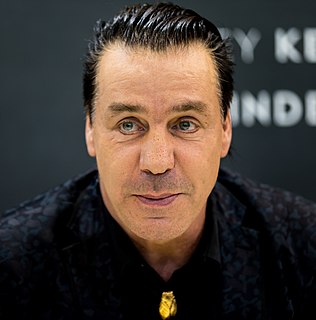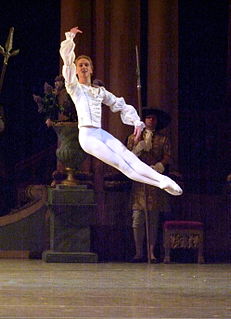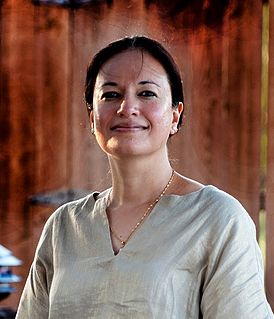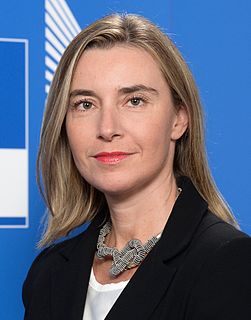A Quote by Anne Applebaum
Russian scorn for liberal democracy has a long history, and a certain kind of Russian disdain for the West is nothing new. As far back as 1920, Lenin declared that parliaments were 'historically obsolete' and predicted that it was just a matter of time before they disappeared.
Related Quotes
One of many problems with survey research in general is that you can only survey the survivors. In other words, if you were to do a survey of people who were known to have played Russian Roulette and you sent out the questions before the time they were going to play and then you come back six months after they played Russian Roulette, you would probably discover that among the people who did come back there was no harm done.
Vladimir Putin is a Russian czar. He's kind of a mix of Peter the Great and Stalin. He's got both in his veins. And he looks out first and foremost for the national security interests of Russia. He accepts that, in Eastern Europe, that is a Russian backyard, that is a Russian sphere of influence. Ukraine lives most uncomfortably and unhappily in a Russian backyard.
In the era of Khruschev the Soviet Union had publicly declared itself a supporter of the Indian stand on Kashmir. In 1962 a Russian veto had defeated a Security Council resolution on the plebiscite issue. By 1965, and after the fall of the Kruschev regime, Russian attitudes were significantly modified.
For the West, the demonization of Vladimir Putin is not a policy; it is an alibi for the absence of one. Putin is a serious strategist – on the premises of Russian history. Understanding US values and psychology are not his strong suits. Nor has understanding Russian history and psychology been a strong point among US policymakers.’

































